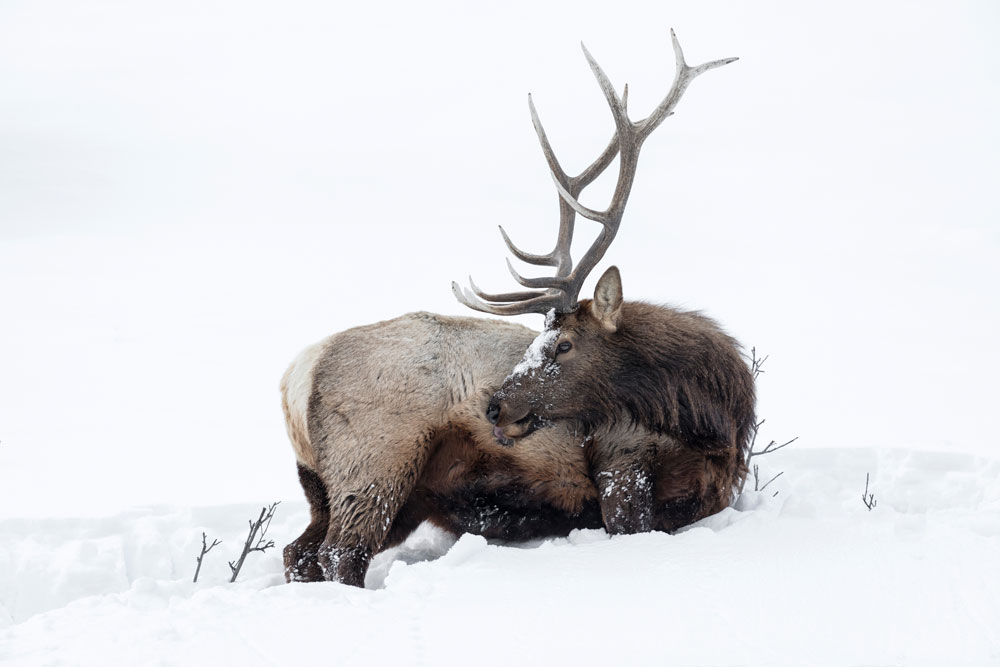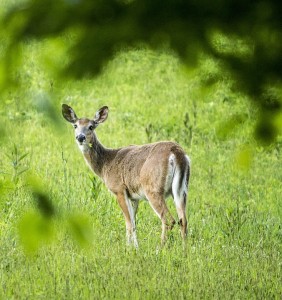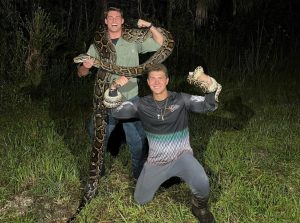In a never before seen move, Colorado Parks and Wildlife (CPW) is making deep cuts to big game licenses and shortening seasons across the state. In an effort to bring back populations of big game such as elk, mule deer and pronghorn that were decimated through winterkill, state officials made the announcement at May commission meeting.
“This winter has been historic in many ways,” said Meeker Area Terrestrial Biologist Darby Finley. “These recommendations were not easy to make, and we know they will impact more than just CPW, including hunting opportunities and local economies. However, we believe these substantial reductions in licenses will allow herds to recover as quickly as possible.”
With a variety of heavy snowstorms and the addition of strong winds, much of the state was covered in hard-packed snow. Burying food that would typically be available to big game animals, many of the state’s most coveted animals succumbed to the winter conditions according to data from GPS-collared animals.
The decision to cut tags and shorten seasons across certain game management units will not only allow herds that were affected by winterkill to bounce back, but to also allow those areas with abundant populations to continue to thrive into next winter.
The Commission approved the following regulations for the 2023-2024 big-game season:
- CPW is issuing 236,600 licenses for deer, elk, pronghorn, moose and bear. These license changes include a reduction of 32,000 limited licenses from last year.
- Statewide, CPW is issuing 12,600 fewer deer licenses than last year. For the northwest region, it’s a reduction of 12,800 deer licenses.
- Statewide, CPW is limiting 107,700 licenses for elk, down 15,400 licenses from last year.
- Archery licenses for hunt code E-E-004-O1-A and muzzleloader licenses for hunt codes E-E-004-O1-M and E-E-014-O1-M have been reduced by an additional 25%. Only the number of licenses issued has changed. Dates for archery and muzzleloader season in these hunt codes remain the same.
“This winter is a great example of why CPW sets license quota recommendations in late spring,” said Northwest Region Senior Terrestrial Biologist Brad Banulis. “By using the data and biological information we collect from late fall through early spring, we can evaluate conditions and make the best license recommendations to meet herd management objectives.”




